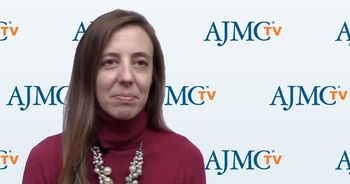
Most primary side effects of CAR T therapies occur early on after treatment and resolve quickly, but there are some that require long-term monitoring, explained Shannon L. Maude, MD, PhD, of The Children's Hospital of Philadelphia.

Most primary side effects of CAR T therapies occur early on after treatment and resolve quickly, but there are some that require long-term monitoring, explained Shannon L. Maude, MD, PhD, of The Children's Hospital of Philadelphia.
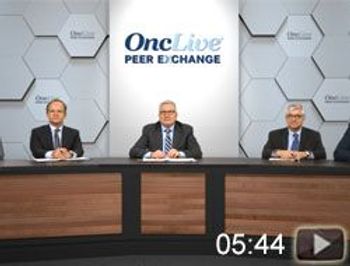
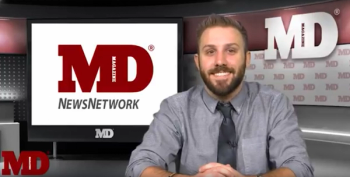

This week, the top managed care stories included the elimination of the Affordable Care Act's individual mandate; a new gene therapy for inherited vision loss that could cost $1 million; and a study found that social isolation can increase the risk of type 2 diabetes.
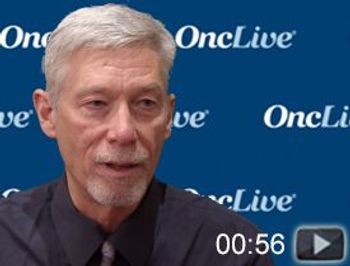
David Maloney, MD, PhD, professor of medicine, Division of Oncology, University of Washington, Clinical Research Division, Fred Hutchinson Cancer Research Center, discusses the preliminary safety data of the chimeric antigen receptor (CAR) T-cell product, JCAR017, in relapsed/refractory aggressive B-cell lymphoma.
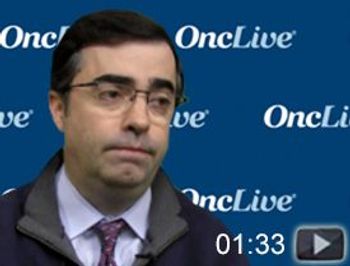
David F. McDermott, MD, director of the Biologic Therapy Program at Beth Israel Deaconess Medical Center, discusses nivolumab (Opdivo) as a single-agent for the treatment of patients with renal cell carcinoma.
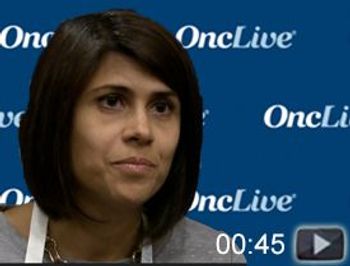
Reem Karmali, MD, Feinberg School of Medicine, Northwestern University, discusses the impact of chimeric antigen receptor (CAR) T-cell therapy on the treatment of patients with diffuse large B-cell lymphoma (DLBCL).
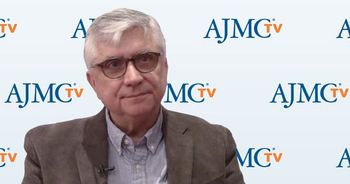
Stephen Schuster, MD, of the Perelman School of Medicine, provides a summary of results seen with CAR T treatments in leukemia, lymphoma, and myeloma.
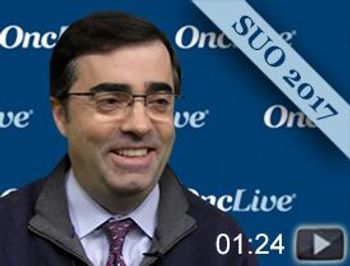
David F. McDermott, MD, director of the Biologic Therapy Program at Beth Israel Deaconess Medical Center, discusses the combination of nivolumab (Opdivo) and ipilimumab (Yervoy) in renal cell carcinoma (RCC).
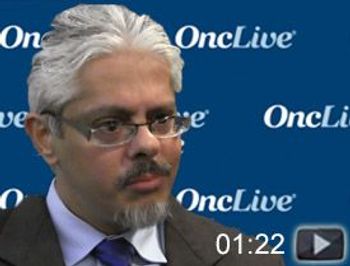
Bijal D. Shah, MD, medical oncology, Moffit Cancer Center, discusses the importance of chimeric antigen receptor (CAR) T-cell therapy for patients with acute lymphoblastic leukemia (ALL).
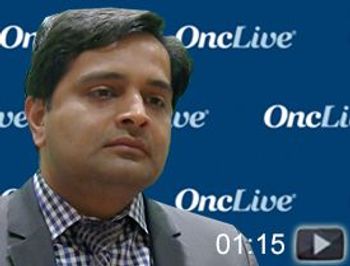
Naval Daver, MD, assistant professor, Department of Leukemia, Division of Cancer Medicine, The University of Texas MD Anderson Cancer Center, discusses the approval of a chimeric antigen receptor (CAR) T-cell therapy in pediatric acute lymphoblastic leukemia.
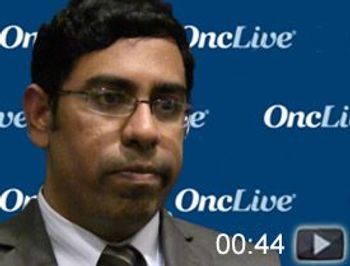
Narendranath Epperla, MBBS, MS, hematologist, The Ohio State University (OSU) Comprehensive Cancer Center, assistant professor in internal medicine, OSU, discusses chimeric antigen receptor (CAR) T-cell therapy for patients with mantle cell lymphoma (MCL).
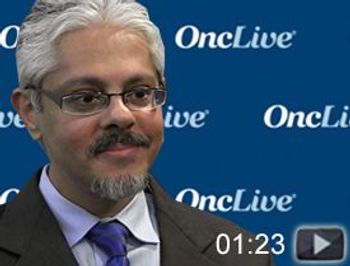
Bijal D. Shah, MD, medical oncologist, Moffitt Cancer Center, comments on the toxicities associated with using chimeric antigen receptor (CAR) T-cell therapy in patients with leukemia.
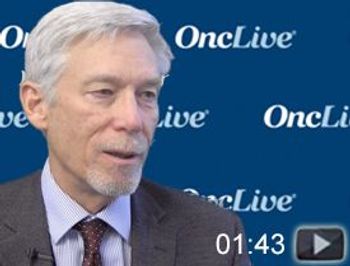
David G. Maloney, MD, PhD, member of the Clinical Research Division, Fred Hutchinson Cancer Research Center, discusses the future treatment landscape for chimeric antigen receptor (CAR) T-cell therapy.
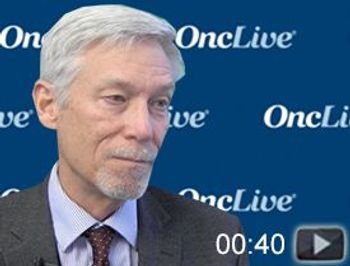
David G. Maloney, MD, PhD, member of the Clinical Research Division, Fred Hutchinson Cancer Research Center in Seattle, Washington, discusses using CAR T-cell therapy in solid tumors.
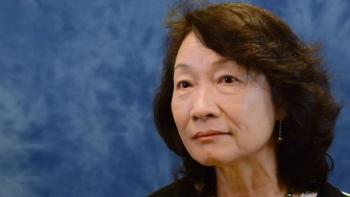
This video reviews results of a randomized trial comparing intensity modulated radiation therapy vs passively scattered proton therapy for locally advanced non–small-cell lung cancer.
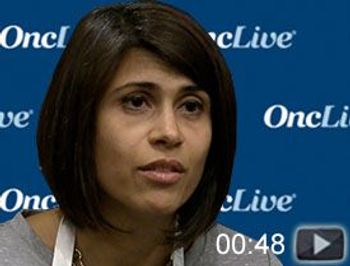
Reem Karmali, MD, Feinberg School of Medicine, Northwestern University, discusses the future of chimeric antigen receptor (CAR) T-cell therapy in diffuse large B-cell lymphoma (DLBCL).
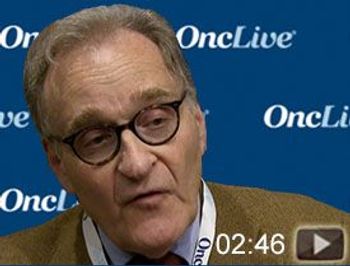
Leo I. Gordon, MD, professor of medicine, Feinberg School of Medicine, Northwestern University, discusses the concerns of chimeric antigen receptor (CAR) T-cell therapy.
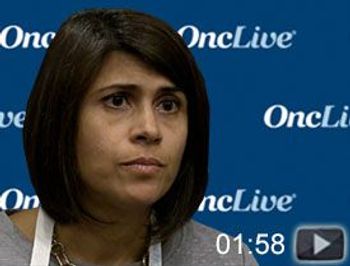
Reem Karmali, MD, assistant professor of medicine (hematology and oncology), Feinberg School of Medicine, Northwestern University, discusses the toxicities associated with the use of chimeric antigen receptor (CAR) T-cell therapies.
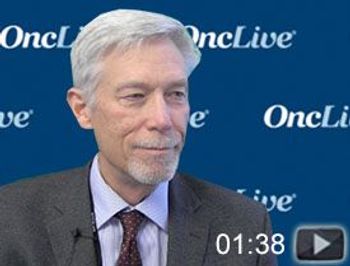
David G. Maloney, MD, PhD, member of the Clinical Research Division, Fred Hutchinson Cancer Research Center, Washington, discusses excitement with CAR T-cell therapy.
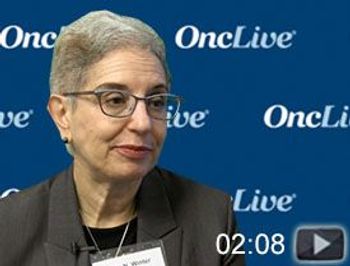
Jane N. Winter, MD, professor of medicine, Division of Hematology/Oncology, Northwestern University, discusses the promise of chimeric antigen receptor (CAR) T-cell therapy in hematologic malignancies.
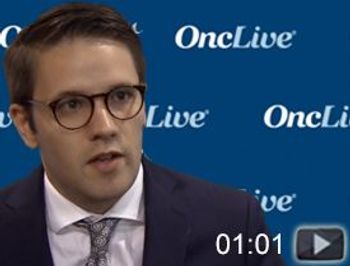
Dominick Bosse, MD, fellow, Dana-Farber Cancer Institute, discusses the safety profile demonstrated with the combination of radium-223 and VEGF-targeted therapy for patients with renal cell carcinoma (RCC).
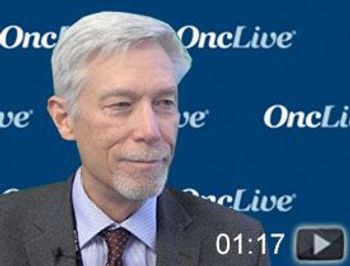
David G. Maloney, MD, PhD, member of the Clinical Research Division, Fred Hutchinson Cancer Research Center in Seattle, Washington, discusses the challenges that exist in the use of CAR T-cell therapy in acute lymphocytic leukemia.

This video reviews long-term results of the NRG Oncology RTOG 0915 trial, a randomized phase II study that compared stereotactic body radiation therapy delivered in one fraction vs four fractions for stage I peripheral non–small-cell lung cancer patients with unresectable disease.

This week, the top managed care stories included the end of the latest attempt to repeal the Affordable Care Act; a call to better include the patient's voice in cancer quality metrics; and an argument for caution regarding the newly approved CAR T-cell therapy, Kymriah.
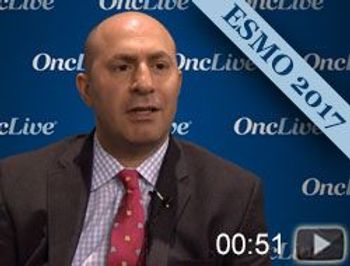
Toni K. Choueiri, MD, clinical director, Lank Center for Genitourinary Oncology, director, Kidney Cancer Center, senior physician, Dana-Farber Cancer Institute, discusses the significance of the phase II CABOSUN trial, which explored cabozantinib (Cabometyx) as a frontline therapy for patients with renal cell carcinoma (RCC).
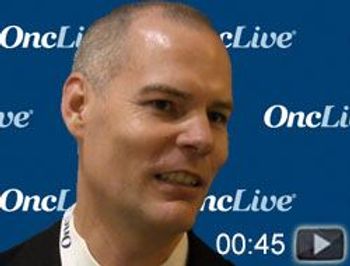
Peter Martin, MD, assistant professor of medicine in the Division of Hematology/Oncology at Weill Cornell Medical College, Weill Cornell Medicine/NewYork-Presbyterian Hospital, discusses the potential of chimeric antigen receptor (CAR) T-cell therapy in the landscape of mantle cell lymphoma (MCL).

This week, the top managed care stories included responses to the disaster in Houston after Hurricane Harvey; the approval of the first gene therapy in the United States; and a new cardiovascular indication for a popular drug to treat type 2 diabetes.
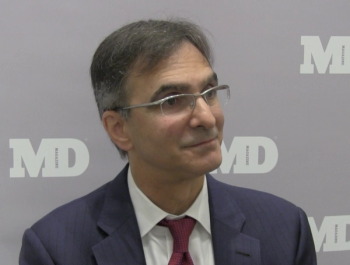
Jeffrey Heier talks about RGX-314 gene therapy and the advantages of subretinal delivery.
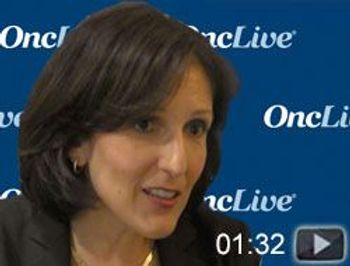
Gail Roboz, MD, a professor of Medicine and director of the Clinical and Translational Leukemia Program at Weill Cornell Medicine/NewYork-Presbyterian Hospital, discusses the challenges clinicians are facing with chimeric antigen receptor (CAR) T-cell therapy in acute lymphoblastic leukemia (ALL).